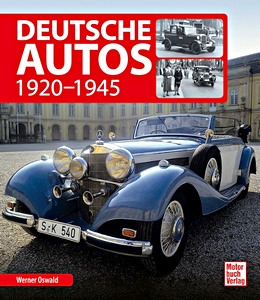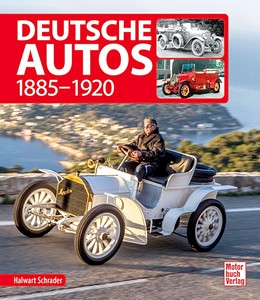The Electric Car in America, 1890-1922 - A Social History
At the end of 1900 the auto industry was set to become a huge force in America over the following ten years or so as the car moved from being a plaything of the rich to being a mass market item, increasingly available to most segments of society. The electric vehicle seemed poised in 1900 to be a leader, or even the dominant force. It had large advantages over vehicles driven by the other two main motive powers, steam and gasoline.
Electric cars were clean, odorless, noiseless and they were mechanically simple, compared to their rivals. They rarely broke down and they were easy to operate. An electric car could be started instantly from the driver's seat; no other machine could claim that advantage.
But then it all went wrong. The hope and confidence of 1900 collapsed and just two decades later the electric car was dead; two makers continued to produce until late in the 1920s but it was all over for the electrics by the start of the 1920s. Inherent advantages paled in the face of disadvantages that were never resolved.
The machines were costly and never came down in price while gasoline cars saw dramatic price reductions over time. Most of all the storage battery was an endless source of problems. Even the genius of Thomas Edison, who worked for over a decade to try and produce a better battery, was unable to prevail.
All the electric car industry was able to mount in the guise of dealing with myriad problems was to present an increasingly frantic public relations campaign of lies and deceptive advertising; but never any solutions to the industry's problems.
Details
| Autor: | Kerry Segrave |
|---|
| Ausführung: | 130 Seiten, 25.5 x 18 x 1.7 cm, kartoniert |
|---|
| Abbildungen: | illustriert |
|---|
| Verlag: | McFarland & Co Inc (USA, 2019) |
|---|
| ISBN: | 9781476676715 |
|---|










